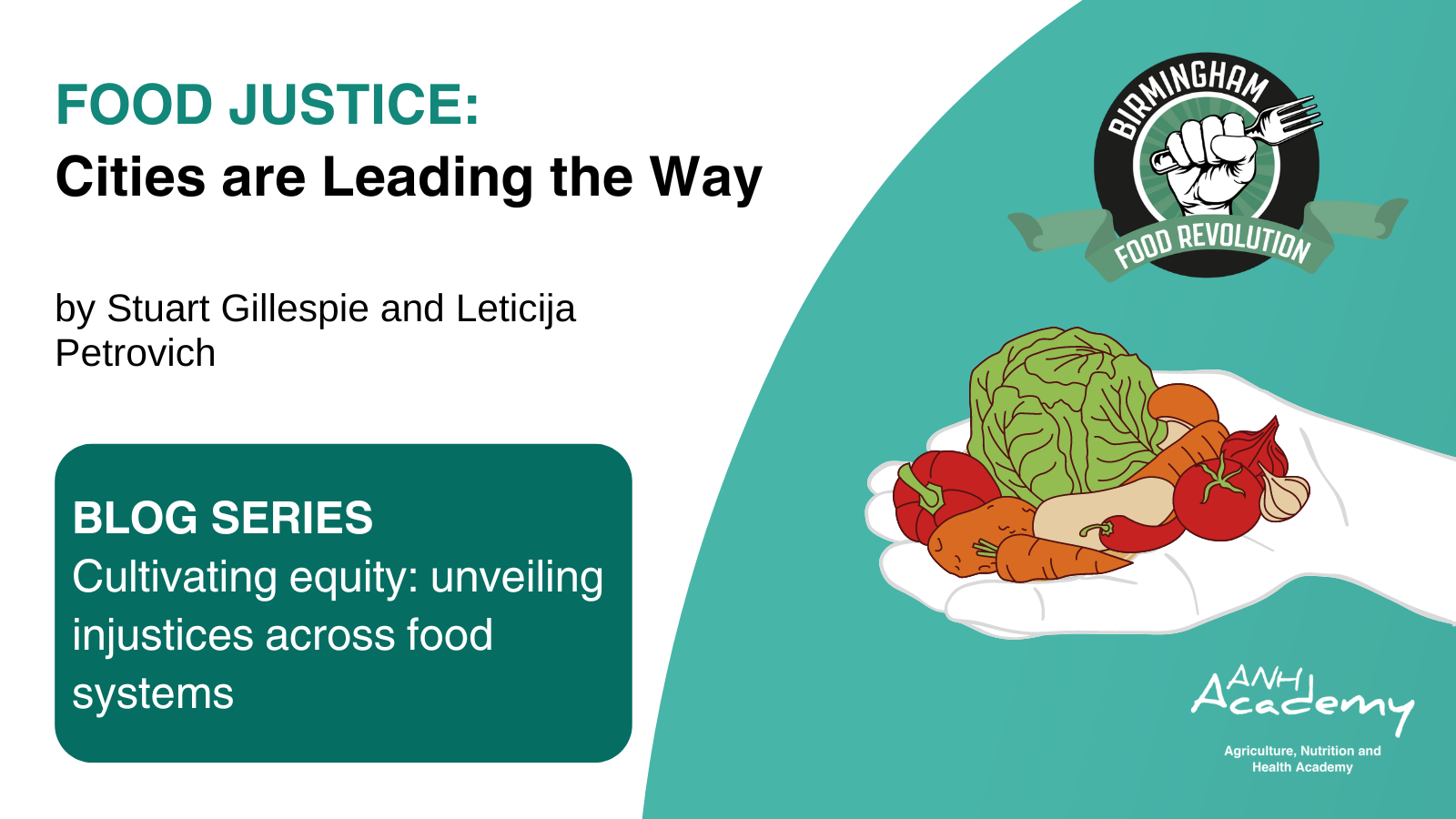Learning Labs, which encompass the first two days of ANH Academy Week, are an integral part of the programme. With a true emphasis on “academy,” they offer a more focused dive into topics of particular interest, enabling attendees to dig into the substance and engage with others on the material. These highly energetic sessions move beyond presentations to focus on skill-building and explorations of both new and well-established tools, methods and approaches. They also often draw participants into small-group work, role-playing, and games.
of both new and well-established tools, methods and approaches. They also often draw participants into small-group work, role-playing, and games.
For the organisers, the goal each year has been to present a balance of labs that include returning old favorites to the programme while introducing cutting-edge topics and methods, as well.
“ANH Academy Week draws people from a variety of disciplines together to learn from one another,” notes Joe Yates, ANH Academy Week lead organiser. “Across the conference, but particularly with the learning labs, we strive to find a balance between topics that are timeless, alongside those that are new and emerging so that each year’s programme continues to push the boundaries of how we explore agriculture-food systems' relationships to nutrition and health.”
Twenty-four Learning Labs will be offered in 2019; six per session across four sessions. Participants have the opportunity to request sessions, and placement is assigned based on interest and space available.
 Joining mainstays such as affordability of nutritious diets, communicating research, and incorporating gender into projects this year's Learning Labs include sessions that will look at aquatic food systems, proposal writing, and smartphone apps. Others will explore household water inequality, the meaning of linear growth, and innovative technologies for data collection in agriculture-nutrition research. Based on their own research interests, attendees can choose Labs that will build skills in a particular area or introduce a new issue or technology for future consideration.
Joining mainstays such as affordability of nutritious diets, communicating research, and incorporating gender into projects this year's Learning Labs include sessions that will look at aquatic food systems, proposal writing, and smartphone apps. Others will explore household water inequality, the meaning of linear growth, and innovative technologies for data collection in agriculture-nutrition research. Based on their own research interests, attendees can choose Labs that will build skills in a particular area or introduce a new issue or technology for future consideration.
“Technologies can support researchers, practitioners, and policy makers not only to get more accurate and timely data, but also to measure key dimensions of rural livelihood that were simply not possible before,” remarked Giacomo Zanello, Lecturer in Food Economics and Health at the University of Reading and an organiser of the Innovative Technologies for Data Collection in Agri-Nutrition Research Learning Lab. “Using a hands-on approach, participants will get an exposure on how these technologies can be used in the field.”
With a rich and varied Lab agenda, organisers hope attendees will be able to do just this with each session they attend: explore new research possibilities in a hands-on way, to draw new techniques and ideas from the conference and put them into practice moving forward.
To expore this year's Learning Labs head over to the live ANH2019 programme.






